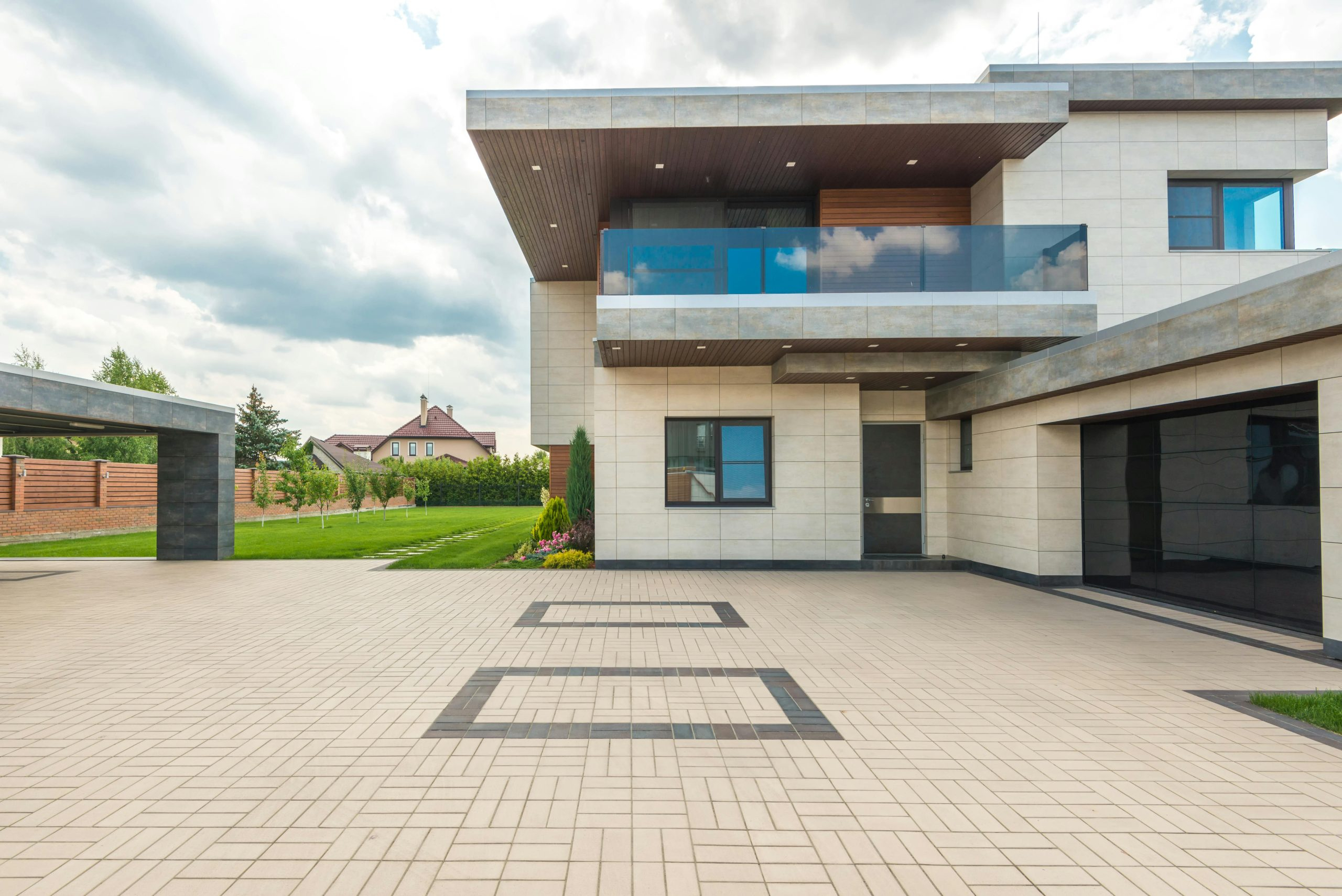Building Equity: A Guide to Responsible Home Ownership
Purchasing a home is a significant milestone in one’s life. It not only gives a sense of pride and accomplishment, but it also provides financial stability and security for the future. However, it is not just about buying a home; it’s about building equity. Homeownership is a long-term commitment that requires responsible financial management and decision-making. In this guide, we will explore the concept of equity and provide valuable insights into how to build it responsibly through homeownership.
Understanding Equity
Equity is the difference between the value of your home and the amount you owe on your mortgage. For example, if your home is worth $300,000, and you currently owe $200,000, your equity is $100,000. It is an essential component of homeownership as it offers numerous financial benefits, such as the ability to borrow against it or to sell the property for a profit.
Building Equity through Mortgage Payments
Mortgage payments consist of two parts- principal and interest. The principal is the amount you borrowed to buy the house, while the interest is the cost of borrowing the money. As you make monthly mortgage payments, a portion goes towards paying off the principal amount, and the rest goes towards interest. With each payment, your equity increases as the amount you owe on the mortgage decreases.
Home Appreciation
Another way to build equity in your home is through home appreciation. This is when the value of your home increases over time. Factors such as location, market trends, and improvements made to the property can contribute to the appreciation of your home. While the real estate market can be unpredictable, owning a home in a desirable location and keeping it well-maintained can help increase its value and, in turn, your equity.
Making Extra Mortgage Payments
If you have extra funds, consider making additional mortgage payments towards the principal amount. This not only helps decrease the amount of interest you pay over time, but it also builds equity at a faster rate. Just one extra payment each year can make a significant difference in the long run.
Renovations and Upgrades
Investing in renovations and upgrades can also help increase the value of your home and, in turn, build equity. However, it is crucial to make wise financial decisions and choose projects that will add value to your home rather than overspending on unnecessary upgrades. Consult with a real estate agent or do research on which home improvements provide the most return on investment.
Responsible Home Ownership
While building equity is essential, it is equally crucial to be a responsible homeowner. This means making timely mortgage payments, keeping the property well-maintained, and avoiding unnecessary debt. It is also essential to have a stable job and a steady income to ensure you can afford your mortgage payments. Avoid overspending on renovations or upgrades that you cannot afford as it can lead to financial strain and put your home equity at risk.
The Bottom Line
Building equity through responsible homeownership takes time and dedication. It requires making sound financial decisions, staying on top of mortgage payments, and being mindful of home improvements. With patience and strategic planning, you can build equity in your home that will benefit you in the long run. Remember, a home is not just a place to live; it is an investment that can provide financial security and stability for you and your family.
Conclusion
In conclusion, building equity through responsible homeownership requires a long-term commitment and careful financial planning. By understanding the concept of equity and utilizing strategies such as making extra mortgage payments, home appreciations, and wise home renovations, you can increase your equity and reap the financial benefits of homeownership. Maintain a responsible approach to homeownership, and you will enjoy the rewards for years to come.










